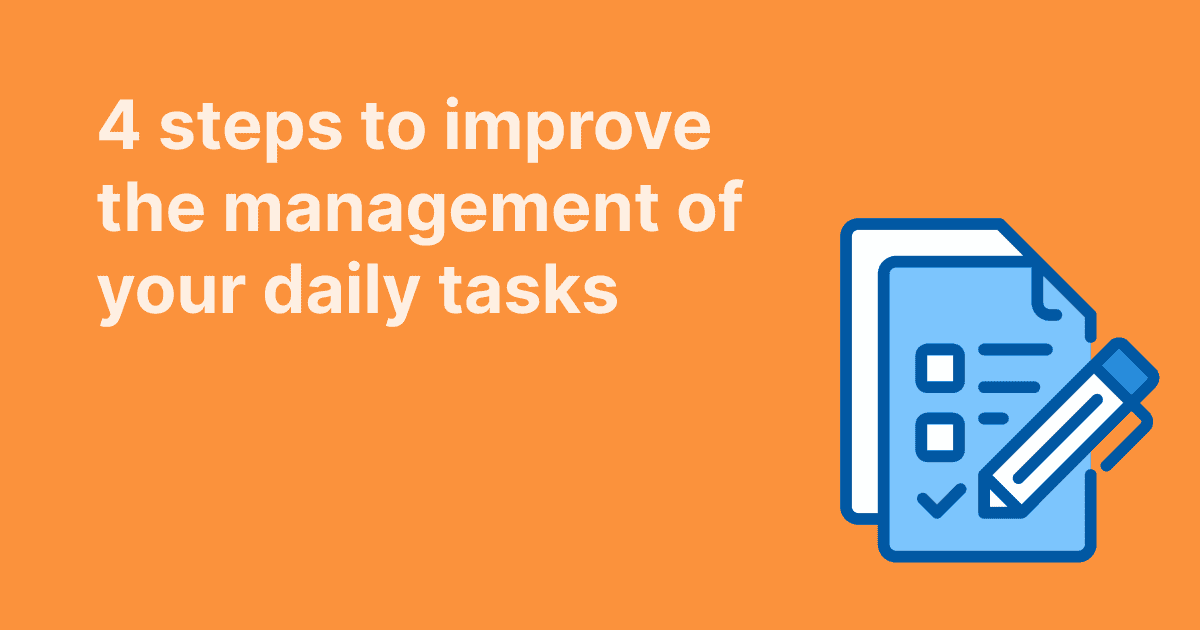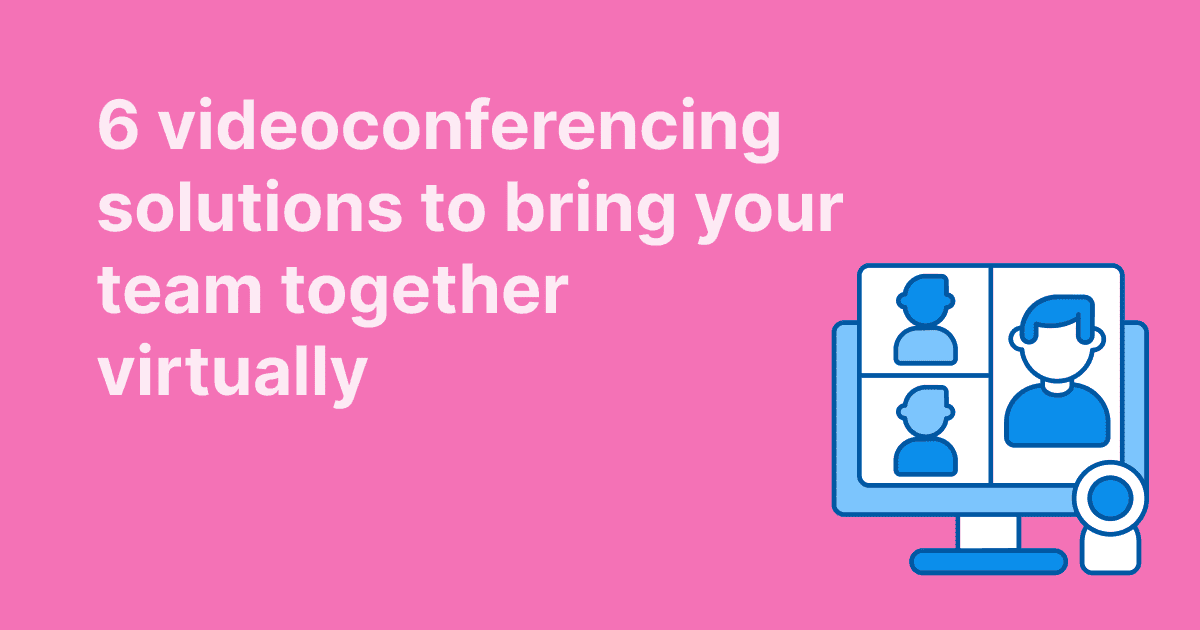The causes of an ineffective meeting can be multiple: poor preparation, repetition, lack of commitment from the participants, poorly defined objectives, sterile debates, endless discussions that do not lead to any decision making... so many disappointments that weaken the productivity of your work teams.
But how can we overcome the scourge of unproductive meetings? The solution lies in the implementation of simple practices that are, to say the least, essential to the smooth running of a working session.
1. Invite participants to prepare in advance by collaborating around the agenda
To begin with, all agendas for your meetings should be set and circulated in advance. A meeting is only effective if all participants are willing to contribute to the discussion. As a team leader, invite participants to prepare their contributions in advance to ensure the quality of future discussions. The best way to achieve this goal is to start by creating a common agenda that is accessible and modifiable by all team members. This will reinforce the engagement of the participants during the meeting since they will have contributed to its elaboration beforehand. Empower your teams by giving them a voice!
In addition to making your meetings more productive, working together to prepare for your meetings will be a first step towards a more inclusive internal culture. As a team leader, be sure to value everyone's ideas and contributions. Meetings are the ideal place to shape, grow and communicate your corporate culture.
With WEDO, create your agenda and invite your colleagues to contribute to the different items with the appropriate content (files, paragraphs, private notes...). This way you can collaborate on the preparation of your next team meeting.
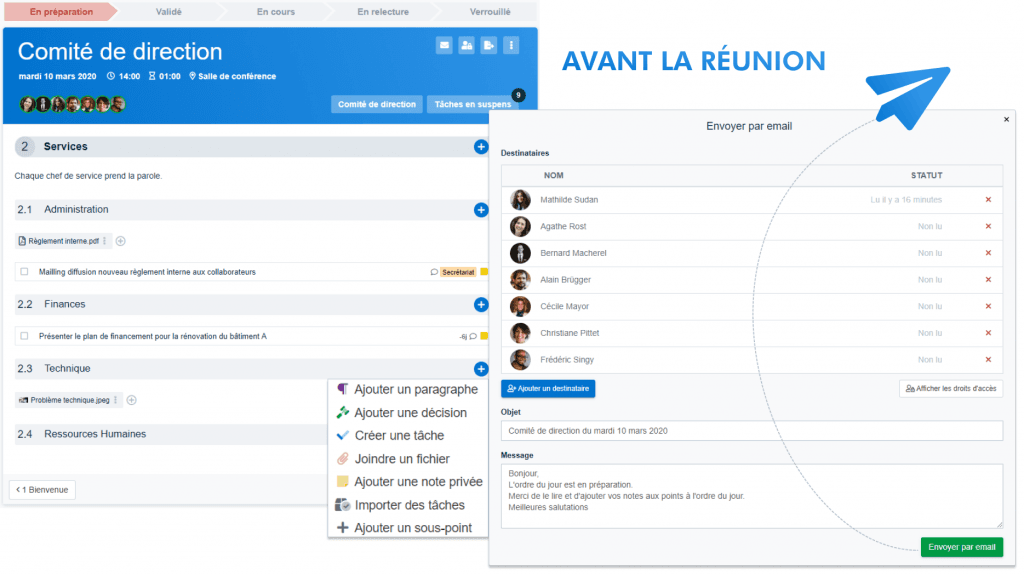
Would you like to create collaborative agendas for your meetings?
2. Ensure that everyone takes part in the discussions and respect everyone's speaking time.
On the day of the meeting, the initiator of the meeting must assume the role of "facilitator" by encouraging free exchange among participants. Be attentive to interactions by keeping a critical and constructive eye. It is also a matter of controlling the dynamics of the meeting while keeping the initial objectives in mind to ensure that they are achieved. Sometimes, one speaker can take precedence over more introverted others. To facilitate exchanges, make sure that everyone is able to give his or her opinion. Create a pleasant atmosphere for constructive and caring discussions among your team members.
What to do concretely when one or two people dominate the conversations?
- Go around the table to ask the opinions of the more discreet participants.
- Be aware of interruptions: if someone is interrupted, make sure they can finish what they are saying.
- Promote a caring environment by reminding that everyone's contribution is essential and that there are no "stupid" ideas or questions.
This environment will be conducive to generating ideas, making decisions and building stronger relationships to move forward together towards common goals.
Ineffective meetings are often characterized by their lengthy duration. If you can't manage to limit the time each person can speak, you will lose valuable time. Keep in mind that bringing a group of employees together in the same room represents a significant cost to the company.
Creating an agenda is the first step towards respecting your employees' time. It will help you stay focused on the purpose of the meeting while avoiding unnecessary digressions.
The second step is to highlight the importance of punctuality. If a participant tends to be late for team meetings, give them your comments as an aside.
Finally, respecting everyone's time also means being able to recognize when a meeting must be cancelled or shortened. If most members are absent or agenda items have already been dealt with at another time, don't monopolize your team's precious time and let them focus on their priorities and possible upcoming deadlines.
3. Take a moment to review the work that has been done and ask questions about constraints and concerns.
As a leader, take the time to recognize the work done by your team during your meetings. Plenary encouragement will enhance the value of the whole group by providing a positive and constructive dynamic. In addition, this practice will have the advantage of subtly showing the way to those who have not worked according to your expectations. Public praise will encourage them to follow the example of what has earned your recognition.
However, make sure that you adapt to everyone's personality. While most people like to be publicly praised, some people may not like public recognition.
Alternatively, invite the rest of the group to give their opinion. You may wish to include a section dedicated to participant feedback in your agenda item list. This is a great way to encourage employees to recognize the work of their colleagues. Acknowledging the work done by your team will lead to a productive dynamic while creating strong group cohesion.
Due to poor communication, the front-line problems of an organization may not be known to management. To avoid this, hold bilateral meetings as well as team meetings to ask colleagues about blockers that could prevent them from doing their jobs.
As a team leader, valuing transparent communication will create an environment that is conducive to problem solving. If your employees are confident, they will dare to talk openly about the obstacles they encounter in their daily work. Together, you will be able to solve them in order to reach the objectives set. So invite your colleagues to talk about their concerns: at your team meetings, go around the table regularly so that everyone can express themselves freely and honestly.
4. Establish efficient monitoring of activities
Follow-up actions are probably the most important part of your team meetings as they will help you achieve your goals. At the end of the meeting, your team members need to be clear about what is expected of them. It is a matter of answering the famous question of "who does what and for when". You don't organize meetings just to discuss various subjects: the main goal is to give substance to concrete actions. The follow-up to the meeting must therefore be treated with as much attention as its preparation. At the end of the meeting, already think about the next one in order to ensure an effective follow-up.
What is the best way to ensure effective monitoring of operations?
One of the most effective methods is to make a clear note after each topic discussed in the meeting of the tasks arising from it. Also think about directly assigning your tasks in order to get your team up and running as quickly as possible.
3 tips for writing clear and punchy tasks:
- Begin with an infinitive verb to suggest action
- Be as precise as possible! Think that the task must be understood by a third person.
- Assign a person responsible for each task and specify its deadline.
WEDO combines dynamic reporting with collaborative task management. Enter your tasks directly in meetings, delegate them to your colleagues and specifying their deadlines. Your team will be able to ensure the follow-up of operations at the end of the meeting.
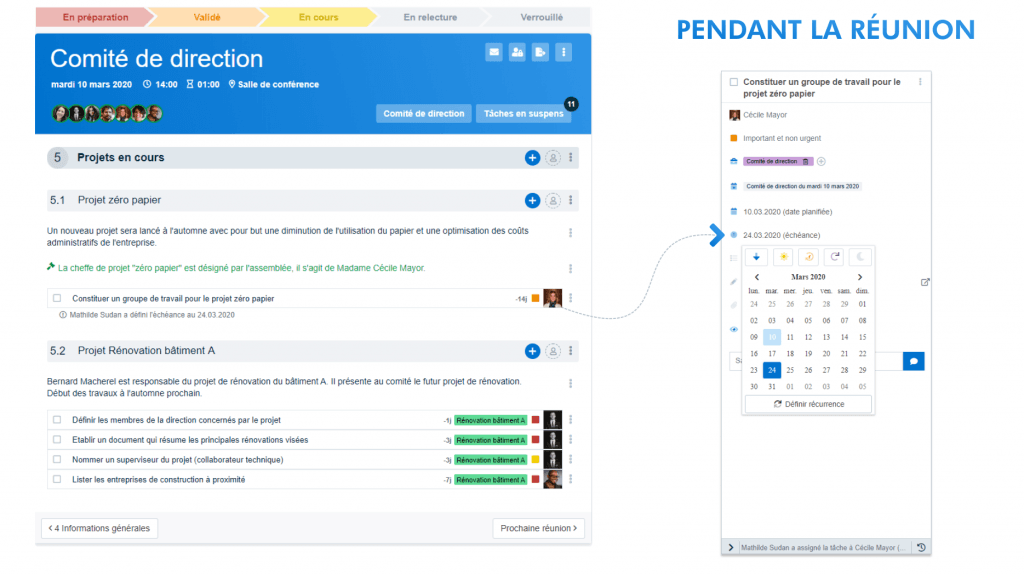
Would you like to create tasks directly during your meetings?
5. Share the report with all participants.
To ensure the success of the follow-up process, make sure to distribute the minutes of the meeting discussions. Your team members should have quick access to support that they can rely on to complete their tasks. A team meeting will fail if participants are not clear about what they need to do after the meeting. To facilitate communication, it is essential to make sure that the minutes of your discussion are well presented: highlight the collective decisions and the tasks to be carried out. Make sure that important information stands out clearly so that it is retained by your colleagues. The record of your discussions will ultimately validate the relevance of your meeting in the eyes of the participants.
With WEDO, distribute reports to participants in just a few clicks directly from the platform.
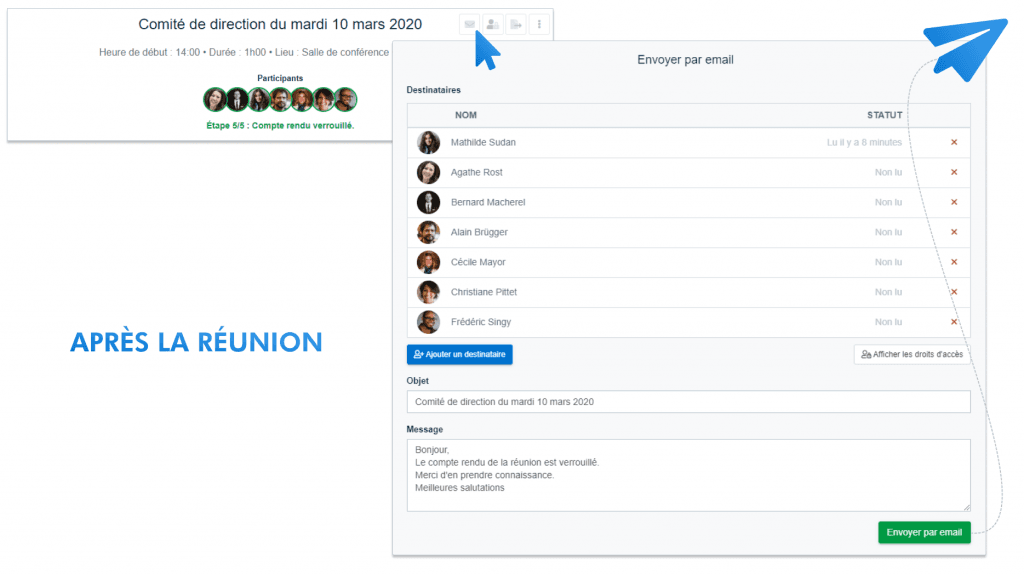
6. Seek input from team members about meeting organization
The opinion of your colleagues counts and will allow you to optimize the conduct of your meetings. If your team is convinced of the relevance of your meetings, it will be better able to deliver quality work. Nobody likes wasting time! Moreover, giving employees the opportunity to express their opinions will also help you develop an inclusive culture and ensure that all your meetings will be useful in the future. Ask your team members concretely what they think would make your meetings more effective.
Alternatively, at the end of the meeting, ask your collaborators to give your meeting a score of 1 to 3 :
- 3: this meeting is well organized and allows me to achieve my objectives.
- 2: the meeting is useful but its organization needs improvement.
- 1: I feel that I have wasted my time, this meeting was not useful to me.
Invite each participant to indicate how many points they tune with their raised fingers and quickly survey the room. Finally, ask the most sceptical participants to communicate the points of improvement they feel are necessary.
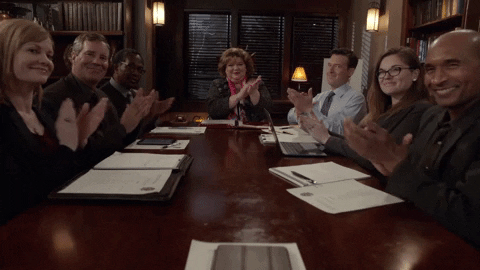
Do you want to improve the conduct of your team meetings using a technological and easy-to-use tool? WEDO is the solution to make your meetings useful and efficient!

